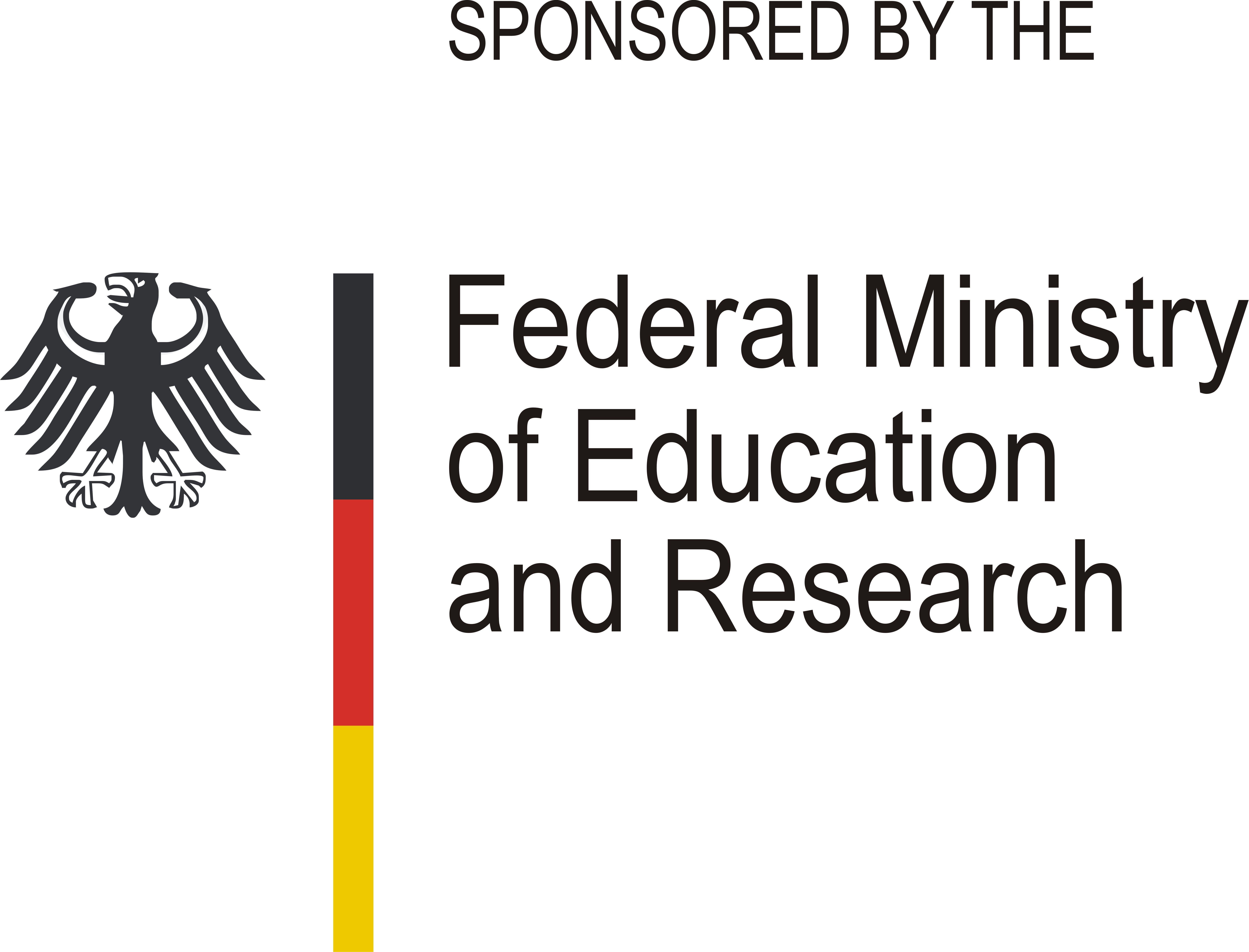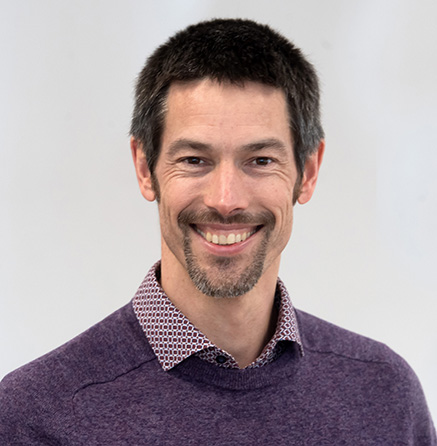


Center for Life Ethics
Schaumburg-Lippe-Straße 7
D-53113 Bonn



Center for Life Ethics
Schaumburg-Lippe-Straße 7
D-53113 Bonn
Facing multiple crises of the so-called Anthropocene, our "modern" concepts of scientific and technical "progress" are increasingly under attack. In particular, feminist and decolonial authors have shown that even supposedly "objective" scientific facts are expressions of Euro-, andro- and anthropocentric perspectives that ultimately correspond to a dualistic metaphysics. The implicated dichotomous divide of the world into culture and nature, humans and non-humans, "developed" and "underdeveloped" people and regions naturalizes structural inequalities and legitimizes the exploitation of nature and a major part of humanity in the name of a universalist model of progress. The problem with this is that our current scientific practices, due to their internal logic, tend to reproduce the causes of current global problems rather than to unveil alternative solutions. In contrast, other cosmologies and knowledge practices seem to provide clues to alternative solutions, but unfortunately, have been excluded from scientific discourse.
Against this background, calls for a scientific dialogue with other, marginalized cultures of knowledge on possible, alternative futures have been mounting. Such an equitable, pluriversal dialogue, however, presupposes mutual understanding of different cosmologies and practices. But the scientific methods and spaces of knowledge production differ radically from those of most other knowledge cultures, making a productive scientific dialogue with other knowledge cultures difficult to imagine.
This raises a number of complex questions, such as:
The research project focuses primarily on experiences gathered in the context of indigenous education, where methods of intercultural knowledge production have been experimented with for three decades. Accordingly, the research design follows a participatory action research with the active involvement of indigenous researchers with experience in intercultural education and collaboration.
The main aim of our international research collective is to promote the establishment of pluriversal dialogues as part of scientific practice and thus contribute to the decolonization of the sciences. According to the hypothesis to be tested, a decolonial science based on epistemic equality might be able to develop alternative solutions to current problems and contribute to the creation of a world in which many worlds can coexist on an equal footing and in solidarity.


Research Area Globalization
Center for Life Ethics
Schaumburg-Lippe-Straße 7
53113 Bonn
Dr Lui Fernando Sarango Macas (Pluriversity Amawtay Wasi (rector), Ecuador)
Dr. José Quidel Lincoleo (Universidad Católica de Temuco, Chile)
Abelardo Ramos (Universidad Autónoma Intercultural Indígena (UAIIN) / Consejo Regional Indígena del Cauca (CRIC), Colombia)
Inocencio Ramos (Universidad Autónoma Intercultural Indígena (UAIIN) / Consejo Regional Indígena del Cauca (CRIC), Colombia)
Marcia Mandepora (Universidad Indígena Boliviana (UNIBOL) Guarani (former rector) / Plurinational Institute for the Study of Languages and Cultures, Bolivia)
Argelander Research Grant, University of Bonn, Germany;
Funded by the Federal Ministry of Education and Research (BMBF) and the Ministry of Culture and Science of the State of North Rhine-Westphalia (MKW) within the framework of the Excellence Strategy of the Federal and State Governments
Up-to-date information in our newsletter
